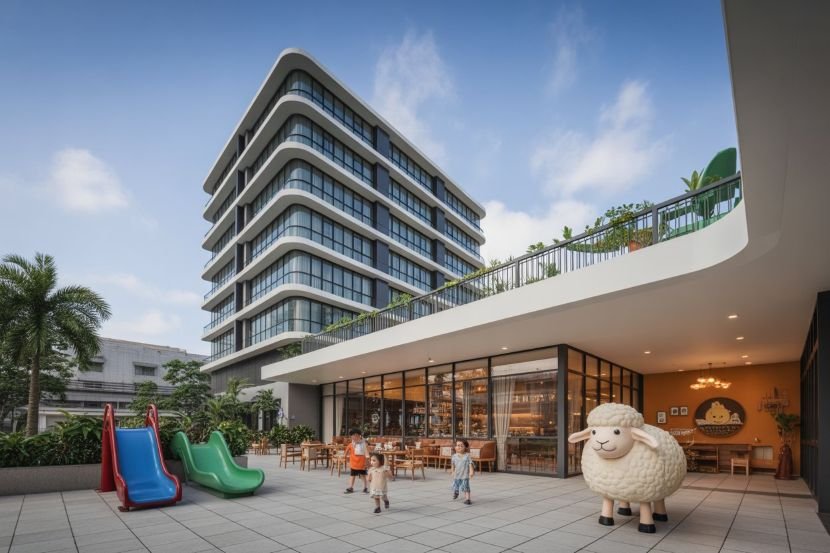Post-COVID 19, the hospitality industry has faced significant setbacks, leading to a critical talent shortage and low enrollments in hospitality institutes. While traditional hospitality education emphasised operational efficiency, guest satisfaction, and culinary expertise, there is a pressing need to rethink how we train the next generation of professionals.
To address current challenges in the industry, it is essential to reintroduce industry-relevant and timely subjects and invite heads of departments and subject matter experts as guest lecturers to share critical and non-negotiable aspects, which will allow students to connect their curriculum to the actual industry. Here are a few other crucial aspects that hospitality institutes must pay attention to.
Mastering communication: Hospitality is a PEOPLE business. We deal with people all the time; whether they are guests, the travel intermediaries or our own staff. Students need to understand and embrace the multiple facets of communication such as proper vocabulary, tonality, and body language and have a nuanced understanding of articulation, modulation and emphatic speech capability.
Consumer psychology: Guests have expectations and behave differently. Students need to understand guest behaviour and expectations. This is where industry experts are important as they will offer realistic and relevant information. Students must learn to anticipate, empathise and deliver. Given the diverse nature of generations that the industry caters to, this is extremely important.
Brand storytelling: A hotel is more than just a building. It is a brand with a story. To help students clearly communicate the ethos and brand identity, institutes must explain the marketplace reality and industry expectations and offer familiarisation programmes with various brands. This will also help students understand where they fit and make it easier for hotels to hire those who resonate with their expectations.
Beyond core operations: While the core of hospitality is to offer a good night’s sleep in a safe environment and great culinary experience, there are other important areas such as sales and marketing, revenue management, and human capital management. Most institutes offer industrial training in the four core operational departments but an understanding of other allied areas of operation will help students get an overall perspective of the industry as a whole.
Sustainable and ethical luxury: This industry is one of the largest consumers of resources such as water, food, electricity, diesel and gas. Sustainability and ethical hospitality is now a key performance matrix and integrating this aspect into the core curriculum will prepare students to innovate and reduce environmental impact.
Culinary legacy: Rigorous academic training must be paired with field trips to heritage culinary hubs or hotels during unique food promotions to get insights into niche offerings and learn from master chefs. With new generation areas such as molecular gastronomy, veganism, plant-based proteins and so on coming up, the new generation of chefs have to understand and deliver on demand to a clientele that is willing to pay for and indulge in new experiences.
The future of the hospitality industry rests on how effectively we prepare the next generation of hoteliers. Let’s bring industry leaders into classrooms, enrich curriculums with practical insights, and equip students with the skills, values, and vision required to lead with confidence and compassion. It is time to reshape hospitality education to reflect the dynamic needs of the real world.
The writer is the General Manager, Novotel Hyderabad Airport.





































You must be logged in to post a comment Login